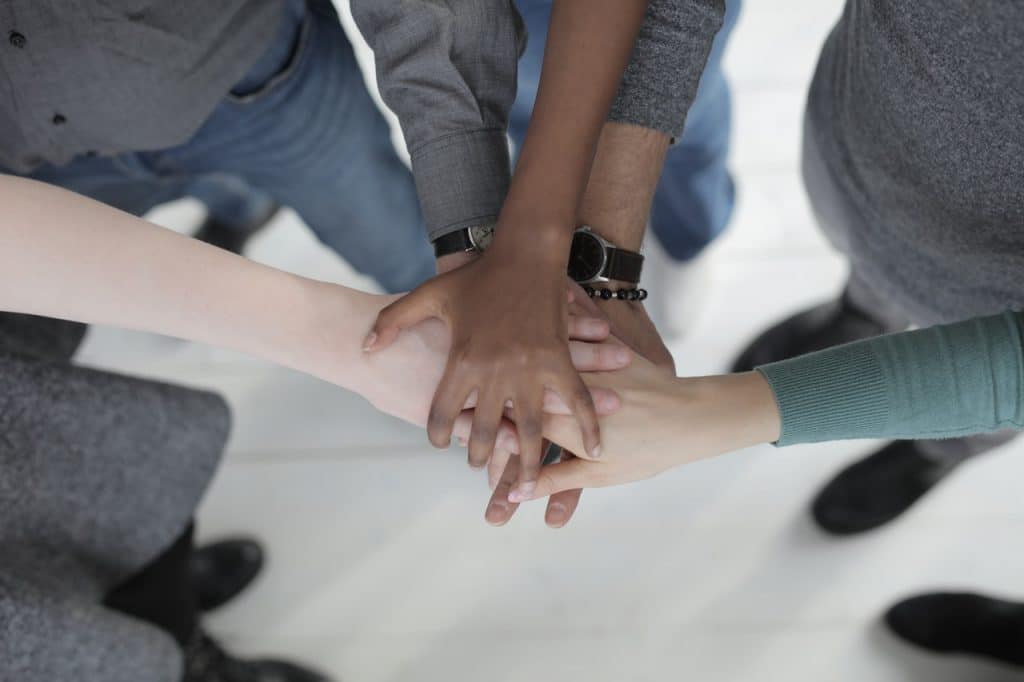Written by: Yusof Hassan
When addressing ethnic minorities, we always hear about community, African communities, Asian communities, etc. But why? Why do they matter, and to whom? Do we even need them anymore?
According to a 2018 GAIN research paper, 67.3% of African members interviewed said they did not belong to a specific community. Although this number will have likely changed since 2018, this worrying statistic continues to affect the lives of the African community. Some don’t see the benefits of community, and there is reasoning behind this. Maybe grouping people into communities based on where they originate from doesn’t work? Just because they are of the same ethnicity, that doesn’t mean they’ll get along. In addition, there are major cultural differences between first generation immigrants and people that were born and raised in England. This can cause rifts in a community due to opposing views. And so, to some they may seem irrelevant, or even disruptive.

Benefits to communities based on ethnicities
Many benefits can be identified from the presence of minority communities being formed. Firstly, communities can assist one another in combating some of the harshly negative experiences that minorities experience in England. The GAIN research paper shows that, other than racism, one of the main sources of negative experiences is language barriers. Other than language barriers being inconvenient in daily life, this could also affect one’s chances in employment in the UK. As part of a community of people who have similar cultural and lingual experiences to oneself, it is likely easier to fit in and ease into the transition of learning how to operate in a country different to what someone is used to. One could hire a translator, but for one thing, that can be expensive. For another, the inclusion in a community means one can feel a sense of belonging, especially if one is homesick.
The first point is mainly focused on ethnic minority members who are emigrating to the UK, but what about those that are born here? Unfortunately, those people can still have negative experiences based on their ethnicities, regardless of how in-touch they are with their ethnic roots. So, a community of people who share similar experiences—be it because of race, religion, or other factors—can be beneficial as a source of support against discrimination and the mental health issues that come with it.

Furthermore, some may say that the problems I have mentioned are issues to take up with authorities, and while this is certainly significant, there is an argument of the benefits of the local community as opposed to government. Due to the sheer scale of the government, it is fair to say that people are viewed more as numbers on sheets, whereas, a community is more micro in its focus, and peoples’ needs are prioritised. Trust is a difficult luxury to obtain, especially from the government in these trying times, so some will see the need and importance of the local community.
Of those 67.3% of people in the research paper that were not in a specific community, it is likely that there are those that do want to be, but don’t see how. For those people, there are charities and places that use the power of community to support people. A significant one to shine the light on is the FYA, which strives to inspire youth minorities in Nottingham to utilise their skills and make wise decisions about their future.
Source- “GAIN Diaspora African Communities in Nottingham Research – 2018”. 2018. GAIN.